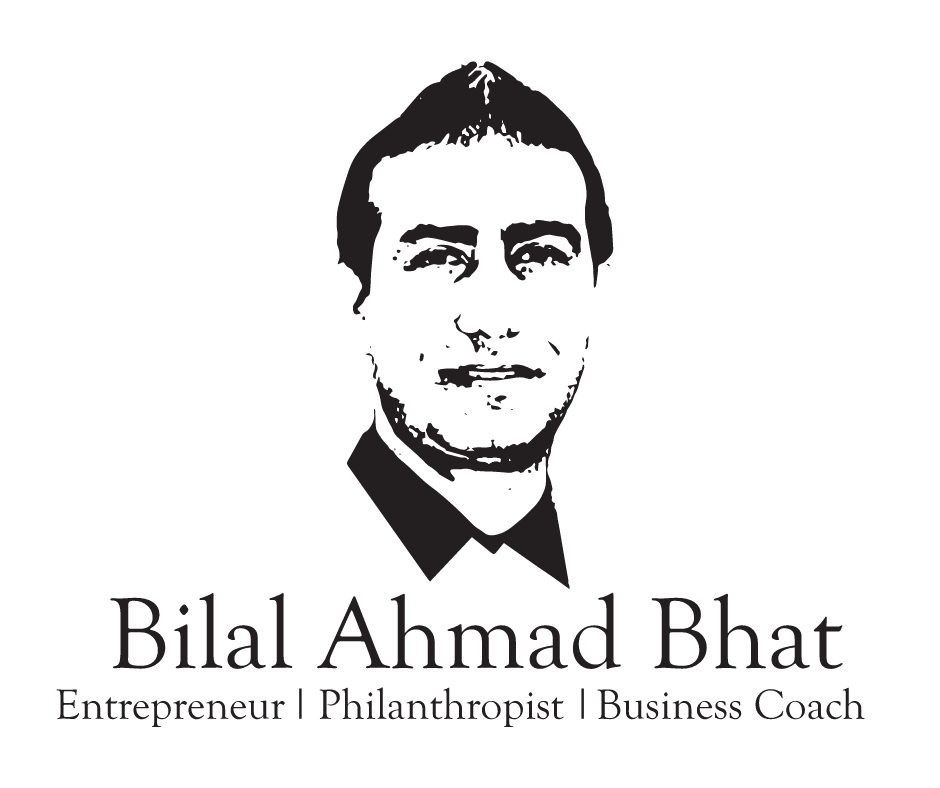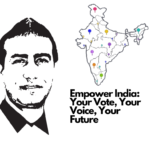Dr. Bilal Ahmad Bhat, a renowned global entrepreneur and visionary, brings forth a compelling analysis of the pivotal role elections play in shaping the trajectory of nations, particularly focusing on the unfolding dynamics in Jammu & Kashmir (J&K). With a keen eye for predicting and analyzing trends, Dr. Bhat emphasizes the imminent political shift in J&K and advocates for increased youth participation to drive transformative change.
- The Importance of Elections for Jammu & Kashmir
Elections hold profound importance for Jammu & Kashmir, serving as catalysts for democratic renewal and progress:
Democratic Renewal: Elections provide a platform for democratic renewal, allowing citizens to choose new leaders and usher in fresh perspectives and approaches to governance.
Peace and Stability: Transparent and fair elections contribute to peace and stability in the region, fostering trust, inclusivity, and reconciliation among diverse communities.
Development and Growth: Through elections, leaders with a vision for development, economic growth, and social welfare can be elected, paving the way for a prosperous future for J&K.
Representation and Inclusivity: Elections ensure that all voices, including those of the youth, minorities, and marginalized communities, are represented in decision-making processes, promoting inclusivity and social equity.
- Benefits of Elections
Elections bring about a host of benefits that resonate across society:
Democratic Participation: Elections empower citizens to actively participate in shaping their governance, fostering a sense of ownership and civic responsibility.
Accountability and Transparency: Elected leaders are held accountable to the electorate, promoting transparency, integrity, and responsible governance.
Policy Innovation: Competitive elections spur policy innovation as candidates and parties vie to present progressive agendas and solutions to address pressing issues.
Social Cohesion: Inclusive elections contribute to social cohesion by bridging divides, fostering dialogue, and building trust among diverse communities.
- Conducting Elections: An Insightful Overview
The process of conducting elections involves various stages and mechanisms:
Legal Framework: A robust legal framework ensures that electoral processes are fair, transparent, and in accordance with democratic principles and laws.
Voter Registration and Education: Citizens are encouraged to register to vote, and voter education programs are conducted to inform voters about their rights, responsibilities, and the importance of their participation.
Campaigning and Debates: Political parties and candidates engage in campaigning, debates, and outreach to present their platforms, engage with voters, and garner support.
Election Day Operations: On election day, polling stations are set up, and voters cast their ballots under the supervision of electoral authorities to ensure a free, fair, and peaceful voting process.
Vote Counting and Results: Votes are counted, results are tabulated, and transparency measures are implemented to maintain public trust in the electoral outcome.
- The Role of Citizens in Transformative Change
Citizens, especially the youth, have a crucial role to play in driving transformative change through elections:
Youth Empowerment: Increased youth participation in elections empowers young leaders to bring fresh perspectives, innovative ideas, and a forward-thinking approach to governance.
Visionary Leadership: New leaders emerging from elections can lead J&K into a new era of progress, prosperity, and inclusivity, addressing the aspirations and needs of the youth and the broader populace.
Advocacy and Activism: Active citizen engagement, advocacy, and activism during elections and beyond can influence policy outcomes, promote social justice, and contribute to positive societal transformation.
Building a Better Future: By participating in elections and driving change, citizens, especially the youth, can contribute significantly to building a better future for J&K and shaping a more vibrant and inclusive society.
- Why Voting Matters and the Call for Change
Dr. Bilal Ahmad Bhat underscores the transformative potential of voting and the urgent need for change in J&K:
Youth Leadership: Dr. Bhat predicts a major political shift in J&K, with new faces and youth leaders emerging to lead the region into a new paradigm of governance and development.
Vision for Change: The belief in a paradigm shift reflects Dr. Bhat’s conviction that new leaders with innovative ideas and a commitment to progress will steer J&K toward a brighter future.
Call to Action: Dr. Bhat calls upon the youth and citizens of J&K to actively participate in elections, exercise their right to vote, and be agents of change in transforming the political landscape and driving socio-economic progress.
In conclusion, Dr. Bilal Ahmad Bhat’s visionary outlook underscores the transformative power of elections, especially in the context of Jammu & Kashmir. By embracing democratic processes, engaging in active citizenship, and advocating for change, Dr. Bhat envisions a new era of leadership, progress, and inclusivity for J&K and beyond.




